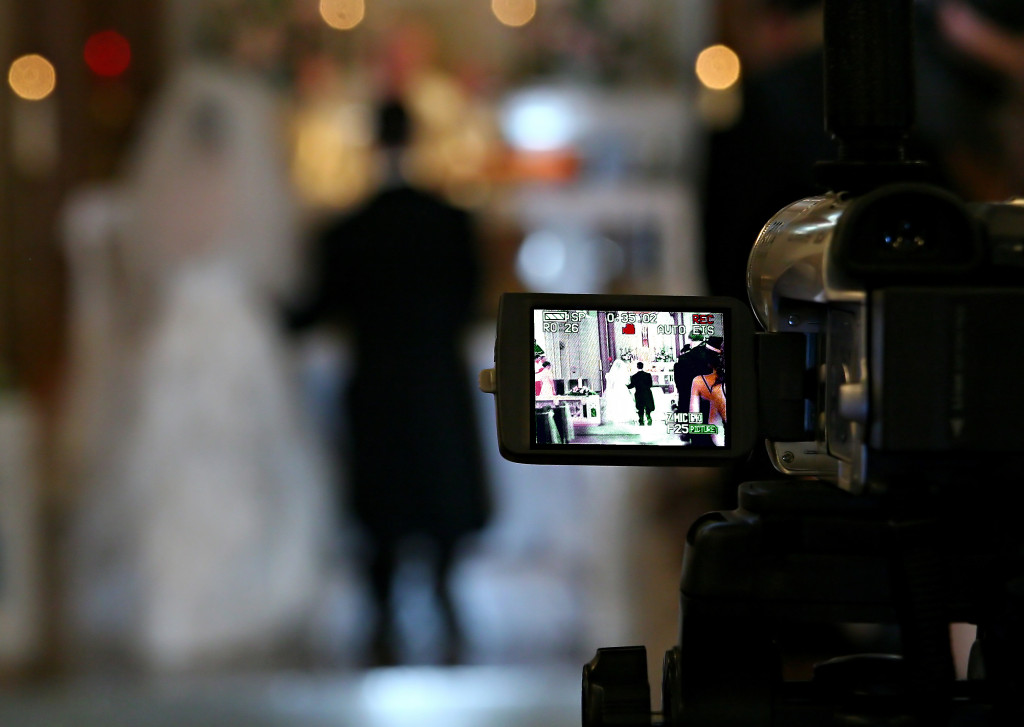Author:Bonnie Lawston
Execution of A Will
It’s not uncommon, in New York and other jurisdictions, for dispossessed or unhappy heirs to allege that a will was executed under duress or undue influence. What if you videotape the execution of the will, so that there’s visual evidence to support the assertion that the decisions regarding disposition of property were entered into knowingly and voluntarily?
While a video recording of the actual event of executing a will can be introduced as evidence in proceedings to determine the validity of the will, it’s important to start with the understanding that visual evidence is not totally objective of infallible. Consider that ten people can witness the same accident and have ten different descriptions of what happened. Nonetheless, if you are considering videotaping the execution of a will, here are some factors to consider.

The Videotape May Not Be Allowed as Evidence
The decision to allow the videotape into evidence is solely at the discretion of the court. The court may not consider it relevant to the matters being litigated. The court may conclude that the videotape provides no credible evidence of capacity or intent.
The Court Must Have Reason to Believe that the Tape is Authentic
You will probably need to bring witnesses into to court to testify that they were present when the video was taken. In legal terms, this is known as establishing a proper foundation for the evidence. The court must have some basis for believing that the tape is what it is alleged to be.
The Court Must Have Confidence that the Tape Has Not Been Altered
In addition, the court may have concerns about the “chain of custody” of the videotape. The court will want reasonable assurances that the video presented was actually taken at the time represented and that the videotape has not been altered or tampered with between the recording and its presentation as evidence. Accordingly, it may be necessary to document when and where the recording took place, where the videotape was secured immediately after the recording, who had access to the tape while it was secured, any movement of the tape (along with who moved it) and how it got to court.
Of course, there are no assurances that the video recording will have any impact on the outcome of the dispute. A judge or jury may watch the video and come away with a completely different perception of the events than intended.
Contact the New York Law Office of Bonnie Lawston
At the Law Office of Bonnie Lawston, we focus our estate administration practice on estates subject to probate in Nassau County and Suffolk County on Long Island. Contact our office online or call us at 631-425-7299 or 24/7 at 855-479-4700 to set up a free initial consultation.
